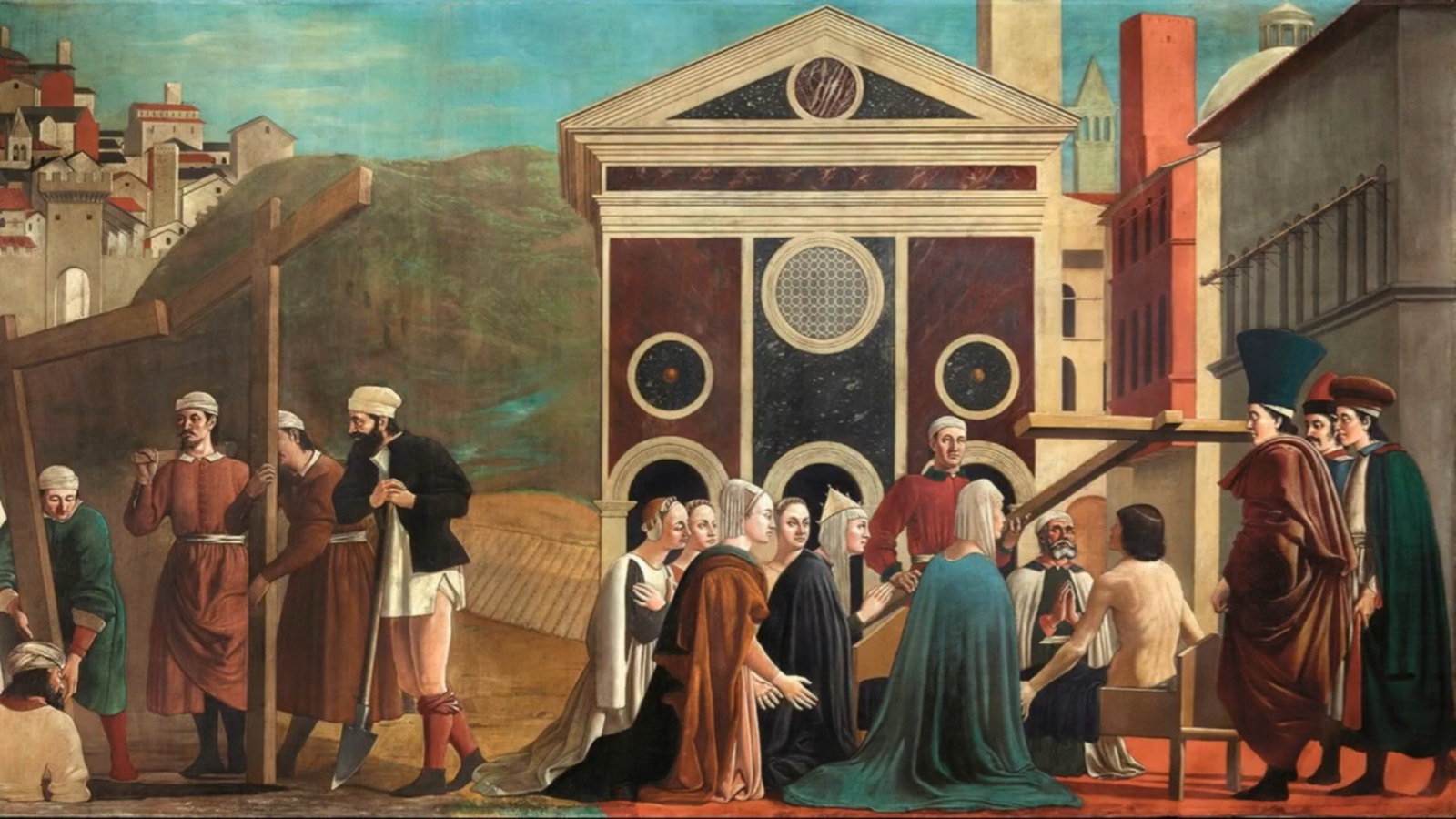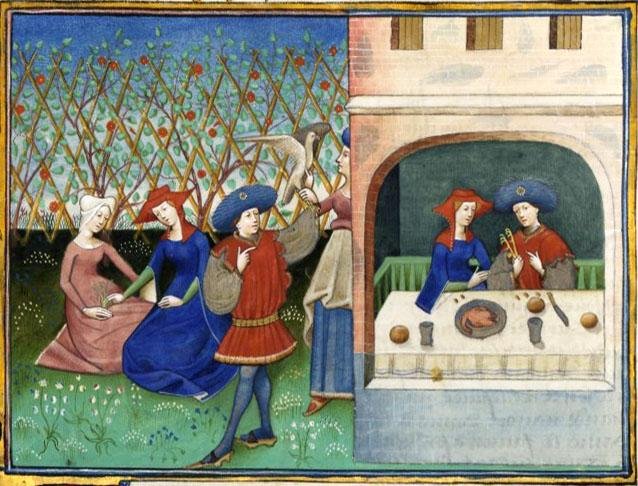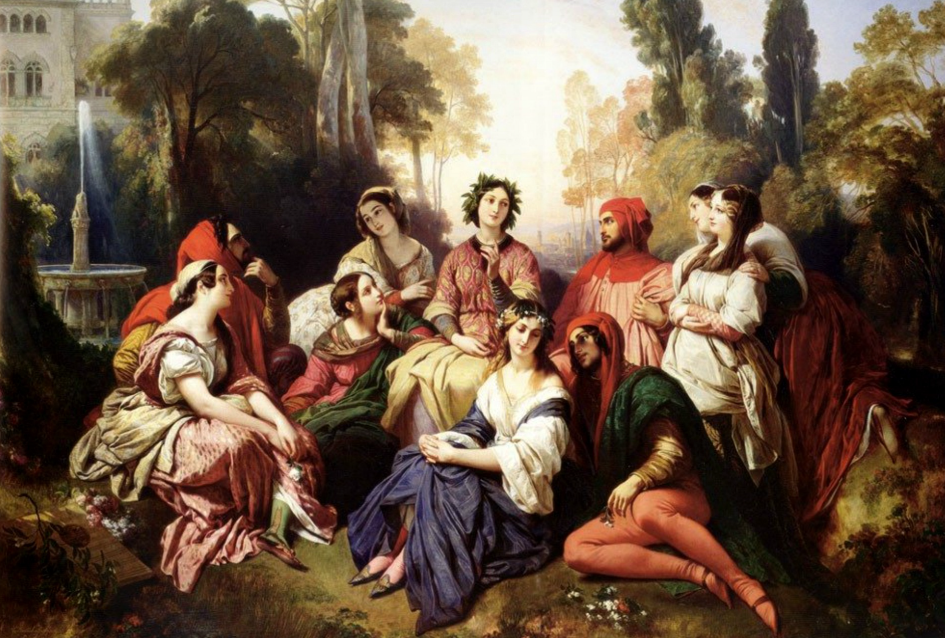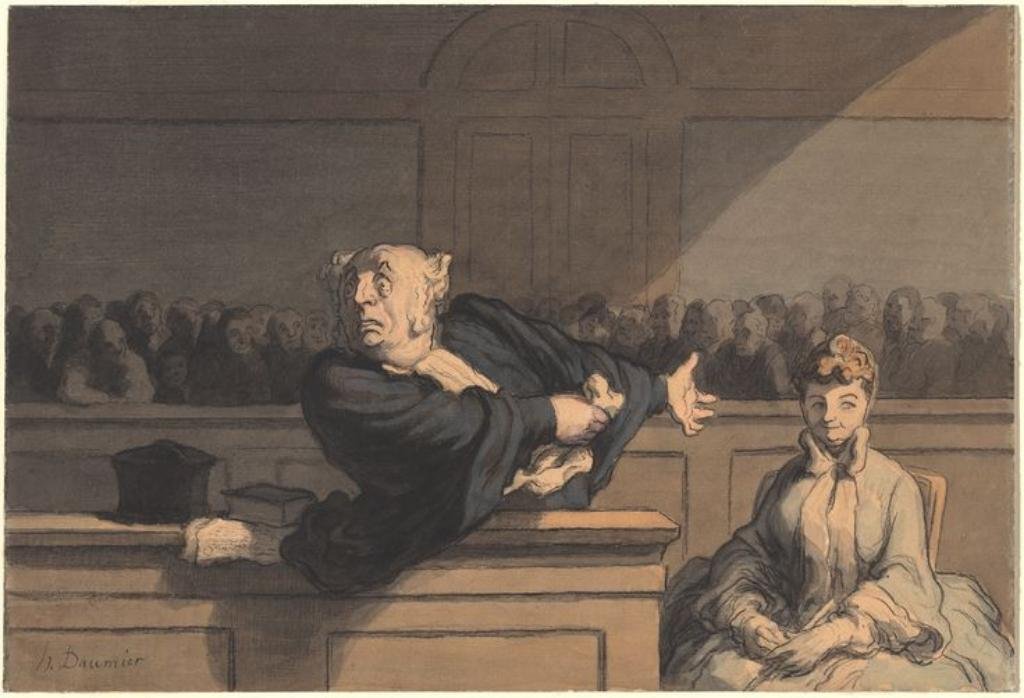From Riches to Ruins to Romance: A Decameron Love Story
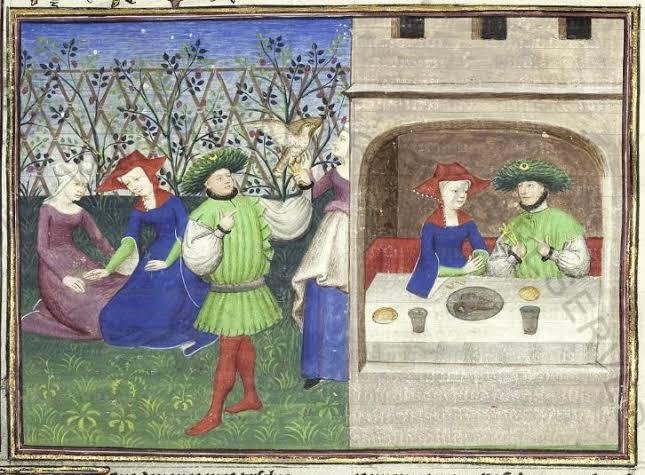
Introduction:
Giovanni Boccaccio's Decameron, a collection of novellas set against the backdrop of the Black Death, offers a diverse human experiences. Day Five, Story Nine, the tale of Federigo degli Alberighi and Monna Giovanna, stands out not only for its romantic tragedy but also for its insightful commentary on social structures, gender roles, and the complex nature of love and sacrifice. This review will analyze the story's literary merit, exploring its characters, themes, and enduring relevance in a modern context.
Summary:
The tale revolves around Federigo, a nobleman brought to poverty by his excessive attempts to win over Monna Giovanna. In an effort to win her heart, he invests all of his money in extravagant courtship displays. Giovanna is unimpressed by his efforts, and she eventually marries a man of high social standing and fortune. Years later, Giovanna's husband dies, and she and her son visit Federigo, who is now poor. Federigo makes a last-ditch effort to win her over by sacrificing his most valuable possession, a prized falcon, to prepare a magnificent meal. Seeing his selfless act, Giovanna recognizes the depth of his love and marries him.
Analysis:
Federigo's actions show his devotion to Monna Giovanna. Initially, he is a wealthy nobleman, and he uses his wealth to lavish gifts and attention upon her. This extravagant spending, while ultimately leading to his financial ruin, shows the depth of his feelings and his willingness to sacrifice his material comfort for the chance of gaining her love. His actions are not merely impulsive; they are a sustained and consistent effort to win her over, highlighting the sincerity of his affections. However, despite his considerable efforts, his grand gestures fail to capture her heart, as she marries another man of even greater wealth and status. Hence, Federigo's sacrifice changes her perspective. She realizes that his love is genuine and more valuable than material possessions. Her marriage to him suggests a shift in her values.
The story subtly contrasts the values of courtly love, often associated with superficial displays of wealth and status, with the genuine, selfless love demonstrated by Federigo. Initially, Giovanna seems to prioritize wealth and social standing. However, Federigo's actions, particularly his final sacrifice, shift her perspective. She realizes that his love is far more precious than any material possession. Her eventual marriage to Federigo suggests a profound change in her values, a recognition that true love transcends the superficial aspects of social status and material wealth. The story, therefore, offers a commentary on the nature of love, suggesting that genuine affection and selflessness are more valuable than the fascination of riches and social standing.
The falcon represents Federigo's status, pride, and his greatest possession. By sacrificing it, he gives up something of immense value, demonstrating the depth of his love. The falcon's sacrifice becomes a symbol of his selfless devotion. Overall, the ending of the story is both joyful and bittersweet. Federigo achieves his lifelong dream of marrying Giovanna, which brings them happiness. With their union, they find themselves restored to a more prosperous life, suggesting that true love can lead to both emotional fulfillment and material well-being. This happy ending, however, does not erase the sacrifices made along the way. Federigo's journey from wealth to poverty and back again reflects the complex nature of love and the personal costs it often demands. Ultimately, the tale emphasizes that while true love can be incredibly rewarding and bring about renewal, it may also involve significant losses and sacrifices before achieving a happy resolution.
Personal Response:
The story is moving because it shows the power of selfless love and the transformative effect it can have on people. Federigo's devotion is admirable, even though his actions initially seem misguided. The story's ending is satisfying, but it also leaves a sense of the sacrifices made along the way.
Conclusion:
"Federigo degli Alberighi and Monna Giovanna" remains relevant because it explores timeless themes of love, sacrifice, and the complexities of human relationships. It challenges societal values and celebrates the power of genuine affection over material wealth. The story's enduring appeal lies in its exploration of human emotions and the choices we make in the name of love.





